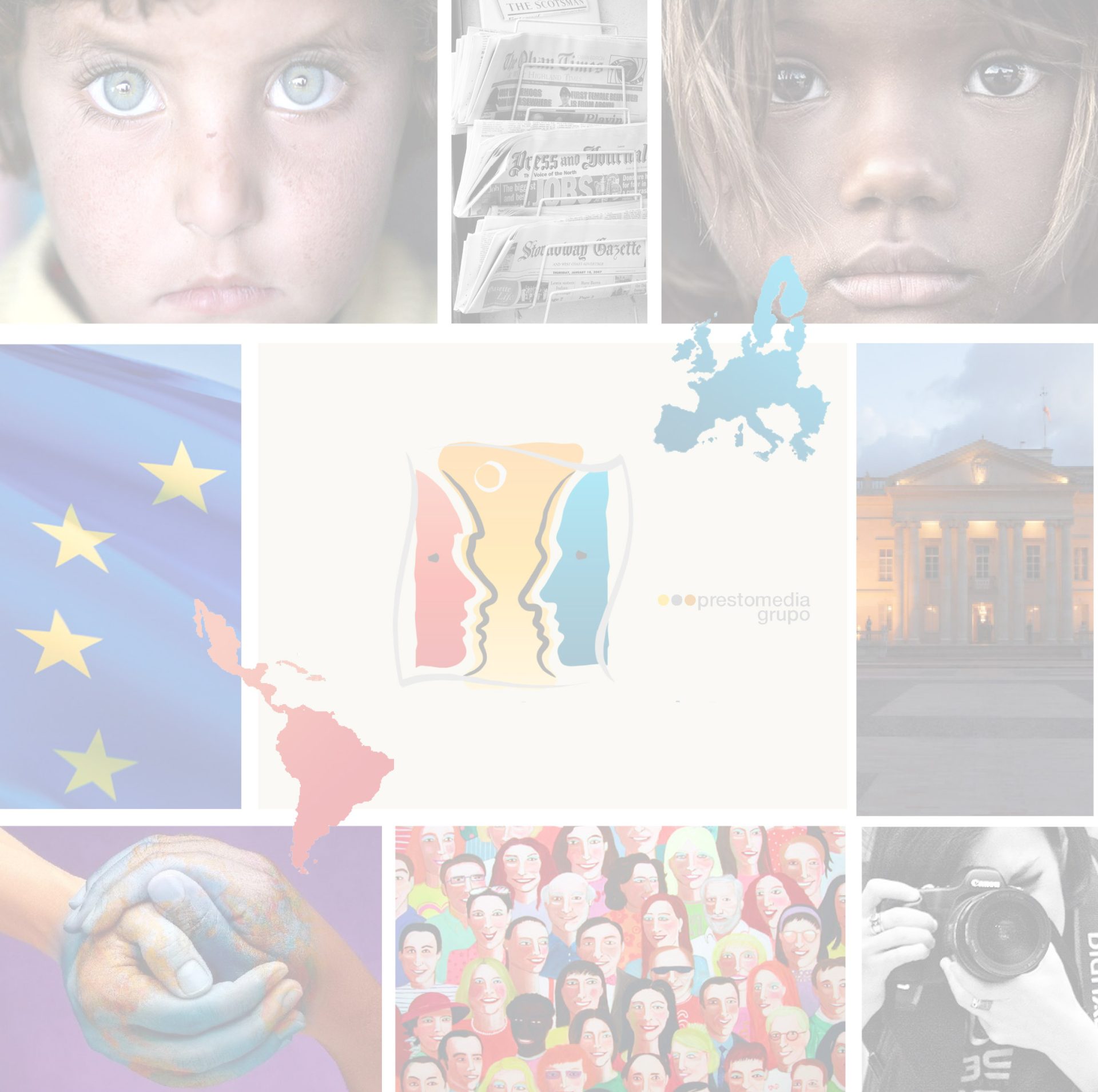SEVGIL MUSAIEVA
February 2023 will mark exactly one year since the outbreak of full-scale war in Ukraine.

During these 12 months, my colleagues from different countries often ask me a simple, but the most challenging question in my professional career: How does it feel to work as an independent journalist when your country is fighting a battle for survival? How is it possible to be objective, honest and do no harm at the same time?
Frankly speaking, I still do not have a perfect recipe, but I will try to formulate some basic rules, which are of enormous importance in the current environment.
The war in Ukraine has already changed the way of life in many countries. Russian aggression, which began eight years ago with the occupation of Crimea, was not taken seriously by the world community for a long time. Now the geopolitical situation of the world for the next 20, maybe 50 years depends on the outcome of the full-scale war. But the future of our profession also depends on the outcome of this war. What will prevail: propaganda and disinformation or freedom of the press, as one of the key values of democracy?
The war in Ukraine is called a hybrid conflict, because Russia sends to our country not only its soldiers, and uses not only modern military equipment, but also information weapons.
Russian propaganda has become an integral element of this conflict. This has been the case since the beginning of this war. Russia starts its warfare with the information field. Within the last 20 years, the Russian authorities have completely cleared the information space of independent or opposition media.
The Russian population has been living for a long time under conditions of total state propaganda. And this propaganda poisons not only the minds of Russians, but also people from all over the world.
When Russia occupied Crimea in 2014, the Russian media lied that the Ukrainian fascists, who had come to power in Kyiv, were preparing provocations in Crimea. Russian television used the same rhetoric to fuel the conflict in Eastern Ukraine. Then, for eight years, the Russian propaganda machine dehumanized the Ukrainians, giving rise to a full-scale invasion in February 2022 under the slogans of denazification and demilitarization.
It was only after this fact, after seeing the horrors of war crimes in Ukrainian cities, killing civilians, that the governments of many countries banned the broadcasting of Russian propaganda channels. Before that, no one seriously understood the threats of such destructive information policy of Russia, no one realized that in the 21st century deceived Russians would start killing Ukrainians for being fascists. But this image was not formed in a year or two. Russian propaganda has spent years on it. Fueled by big money and state support, Russian information doctrine and strategy started to kill people.
Was it possible to stop it? Yes, of course. I will give a simple example: back then, after the occupation of Crimea began. In the first year after taking over the peninsula, Russia banned the independent press, forced Ukrainians and Crimean Tatars who disagreed with the occupation to leave, and then started arresting activists. Those people were sent to the prisons and tortured. But many turned a blind eye to these violations of international humanitarian law. These facts were of little interest to the media either. And in the end, the unpunished evil began to kill.
Today a full-scale war in Ukraine takes the lives of people every day, it destroys our destinies, our cities, it steals our future because we can’t think about it.
On the first day of the war, with panic and fear reigning all around, I asked myself a question, what can I do? What would I be most effective at?
And I realized that the answer to this question had already been given by my profession.
Journalism has a special meaning in times of war.
I remember the first days of Putin’s invasion, when people were afraid to go to sleep without checking the latest news.
I know how panic can work and how easily people’s feelings can be manipulated. Like, on the sixth day of the war I got a call from a friend in Mariupol who got in touch and he was crying into the phone, asking “is it true that Kyiv has already been surrendered?”
In the early days of the war I had one task and one concern – to do everything possible to ensure that people received verified and truthful news from us 24/7. There were 6-7 million people reading us every single day. And we had no choice but not to let them down.
These six months of war have given me three important takeaways about the role of independent journalism, on how it can become a shield in the face of full-scale war.
Be with the people.
Do no harm.
The truth helps you win.
Be with the people, your readers
In the first few days of the war, I wrote one simple message in the morning to my readers: How are you? What’s happening to you in your cities?
There were hundreds of responses underneath, with people writing and calling in person. This not only supported them in their time of need, but also helped us to pay attention to critical points. Some of these people still write to me today, already from the occupation, telling about the important news in their cities.
In war, a mistake or carelessness can cost a human life. Every day we encounter human tragedy and pain. Ethics are more important than ever. Often victims refuse to publish their stories and we have to be prepared for that too.
War is always about choices, which one has to make every day, and a journalist all the time. Should you publish lists of Russian military personnel when they are a few kilometers away from the families of your staff? Should you tell about a friend who is captured and tortured, and his parents are against it because it might hurt him?
Truth helps you win
For me, as a journalist, it is also the war for the right to call a spade a spade. War is war, not a conflict. Occupation is occupation, not a special military operation.
Thanks to journalists, the world saw the truth about war crimes Russia committed in Ukraine. The world saw the truth about Bucha, Borodyanka, and Irpin. About hundreds of civilians shot dead by the Russian military.
The Kremlin continues to blame the West and Ukraine, claiming that all these photos are fakes. But we know the truth. Because in Bucha, the Russians killed the father of my colleague, a 70-year-old unarmed man. And in Irpin, my classmate from Harvard, who came there to make a film about the Ukrainian refugee crisis, was shot dead.
But truth cannot exist on its own, as a value. The problem with most European countries is that they take the free press for granted. Like bread and water. As something you don’t have to pay for or fight for.
That’s not the case, and the sooner we realize that, the better.
And we, as journalists, have to explain this to our readers. Independent and quality journalism has to be paid for. The future of journalism depends on the financial support of the audience.
You have to pay for journalism if you don’t want it to turn into propaganda that kills.



